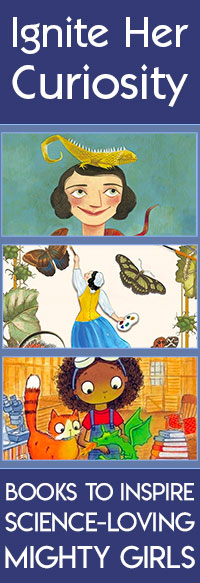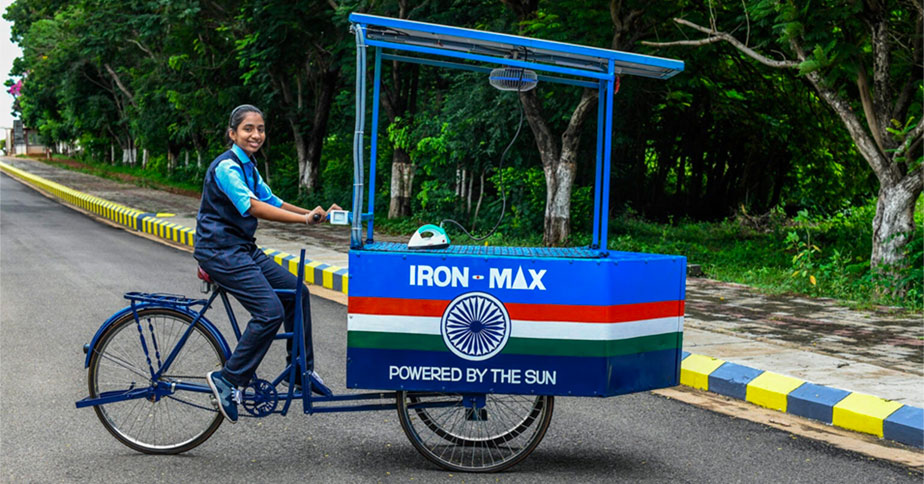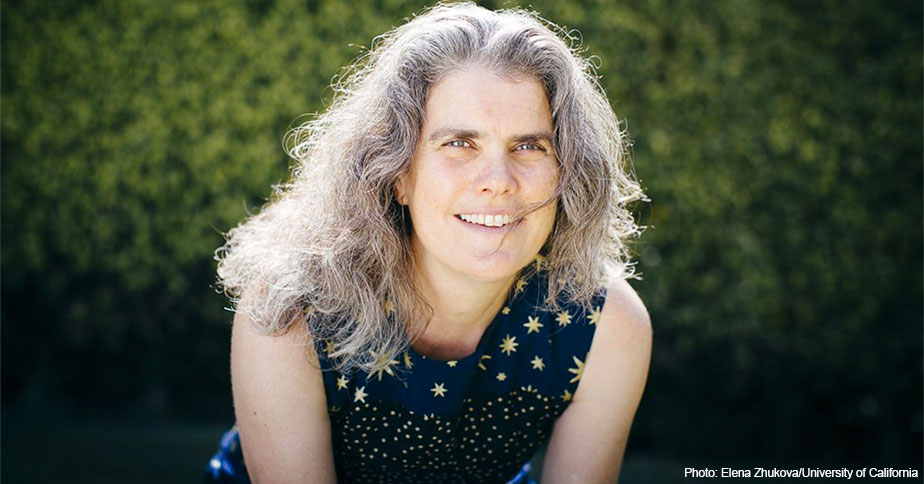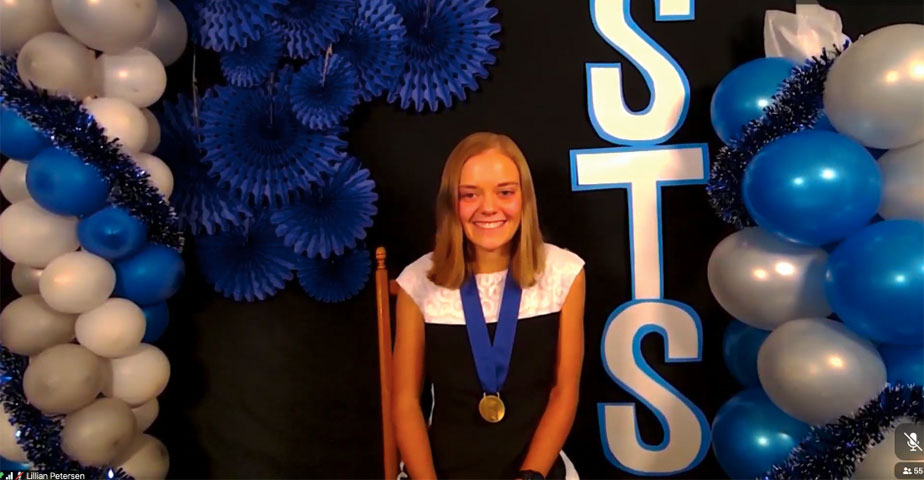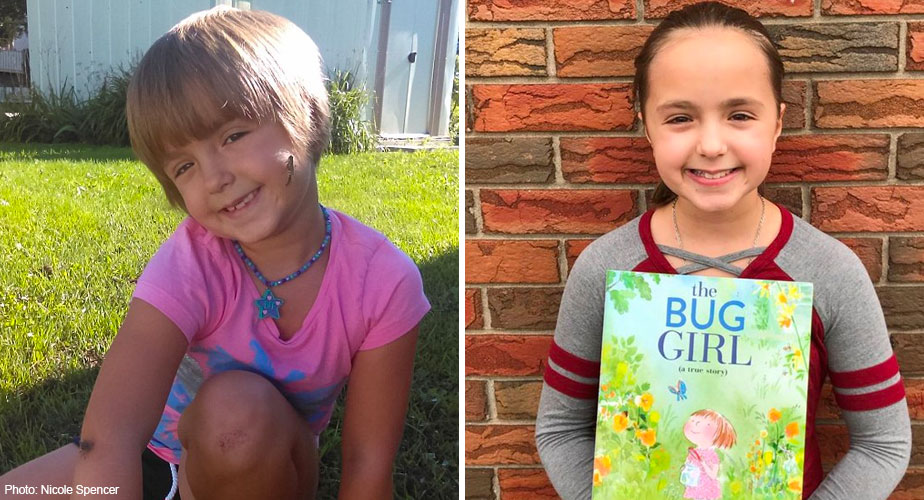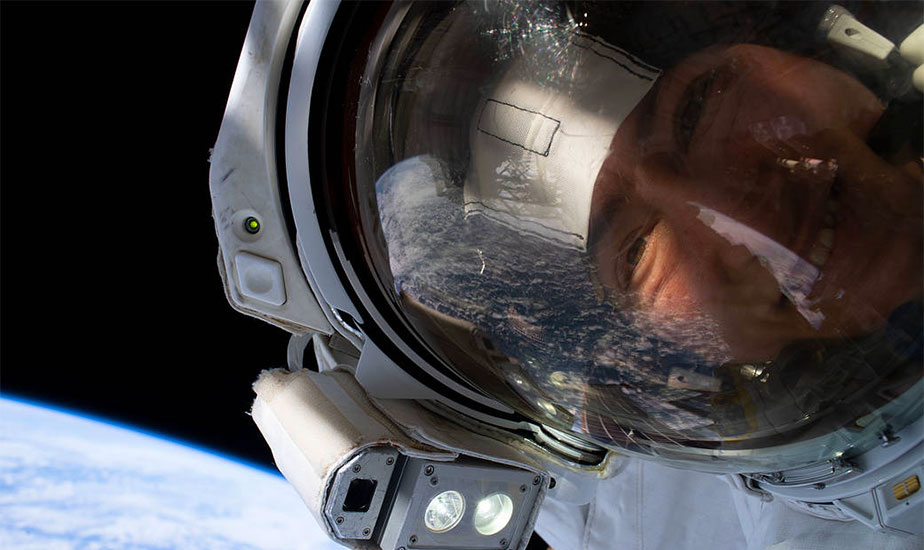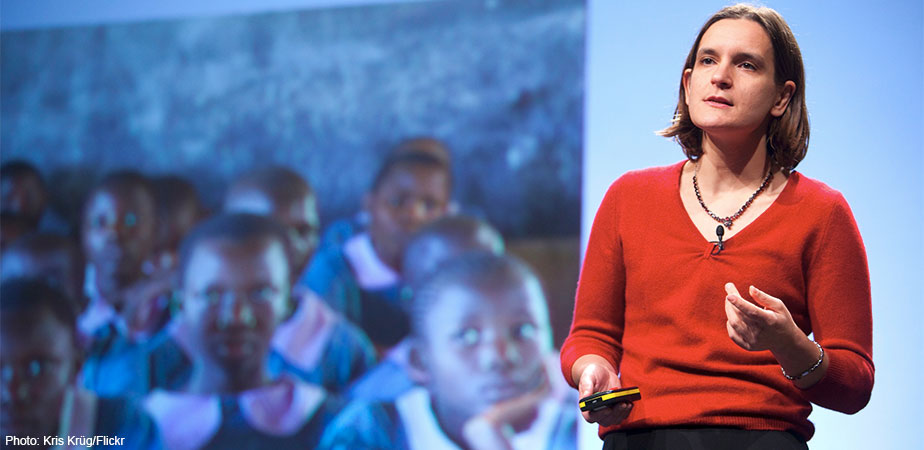Dr. Emmanuelle Charpentier and Dr. Jennifer A. Doudna's development of a groundbreaking method for editing DNA which is widely considered the greatest breakthrough in the biological sciences since DNA was first discovered!
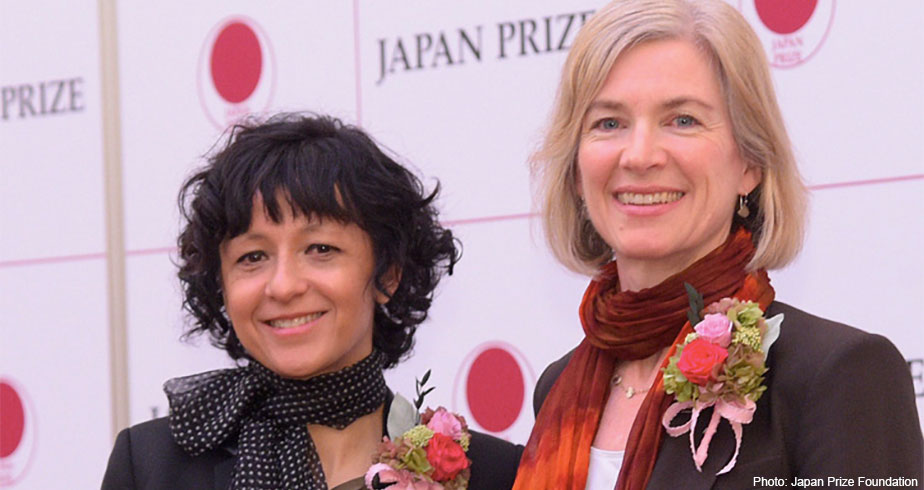
Emmanuelle Charpentier, left, and Jennifer A. Doudna after receiving the Japan Prize for "outstanding achievements in science and technology" in 2017.
Dr. Emmanuelle Charpentier and Dr. Jennifer A. Doudna were awarded the 2020 Nobel Prize for Chemistry this week for their development of a groundbreaking method for editing DNA which is widely considered the greatest breakthrough in the biological sciences since DNA was first discovered! Doudna, an American biochemist and professor at the University of California, Berkeley, and Charpentier, a French microbiologist and the director of the Max Planck Unit for the Science of Pathogens in Berlin, Germany, discovered the CRISPR/Cas9 genetic scissors, a tool that allows scientists to "snip" the DNA of organisms, allowing for easy and precise genetic modifications. The pair are the first women to jointly win the Nobel Prize in Chemistry, and represent the sixth and seventh women in history to win the chemistry prize. "This technology has utterly transformed the way we do research in basic science," asserts Dr. Francis Collins, director of the National Institutes of Health. "I am thrilled to see Crispr-Cas getting the recognition we have all been waiting for, and seeing two women being recognized as Nobel Laureates." Continue reading → Continue reading
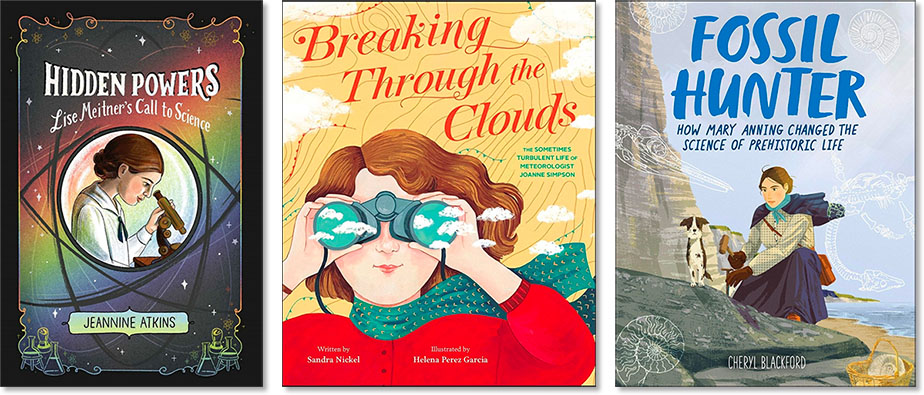 Girls and women are curious, intelligent, persistent, and bold: it's no wonder they can be such good scientists! While women in STEM have fought prejudice for years — much of which still lingers today — they've also made important discoveries, invented world-changing things, and helped humanity make great leaps in our understanding of our planet, the universe, and more. Continue reading Continue reading
Girls and women are curious, intelligent, persistent, and bold: it's no wonder they can be such good scientists! While women in STEM have fought prejudice for years — much of which still lingers today — they've also made important discoveries, invented world-changing things, and helped humanity make great leaps in our understanding of our planet, the universe, and more. Continue reading Continue reading








